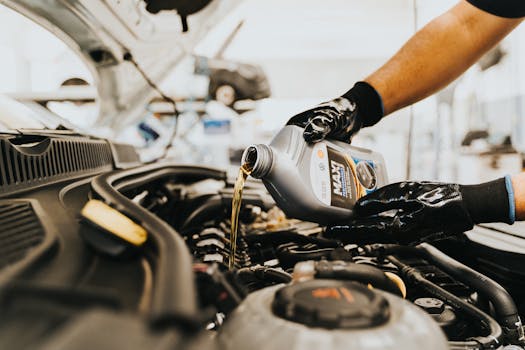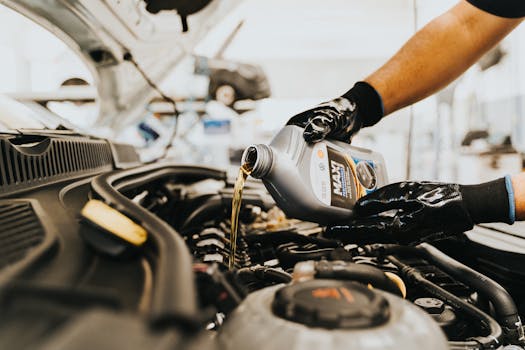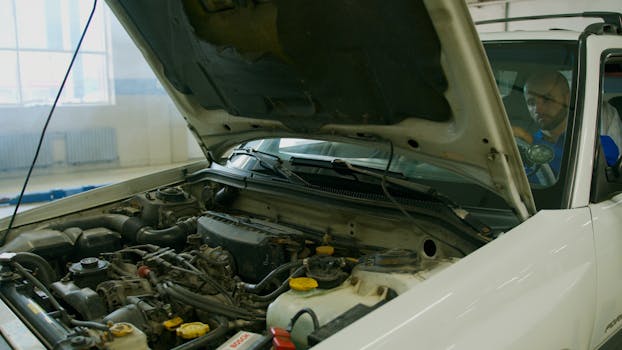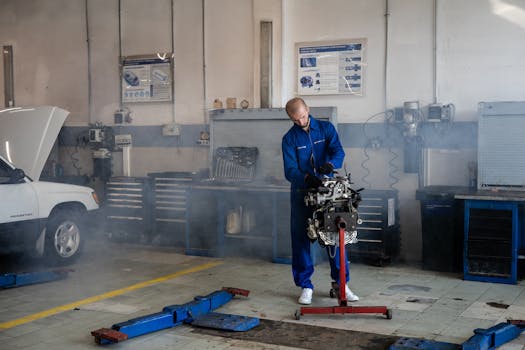
Essential Tips for Maintaining Your Car’s Engine Effectively
Takeaways: Regular engine maintenance is crucial for your vehicle’s performance. Key practices include regular oil changes, monitoring coolant levels, and ensuring proper air intake. Follow these tips to enhance your engine’s longevity and efficiency.
Maintaining your car’s engine is vital for ensuring its performance and longevity. A well-maintained engine not only runs smoothly but also saves on fuel and repair costs. In this article, we will explore essential tips and practices that every car owner should follow to keep their engine in top condition.
1. Regular Oil Changes

To maintain your engine effectively, follow these steps for oil changes:
- Choose the Right Oil: Always refer to your vehicle’s manual for the recommended oil type and viscosity.
- Check Oil Levels: Regularly check your oil level using the dipstick. If it’s low, top it off.
- Use Quality Filters: Always use a high-quality oil filter to ensure proper filtration.
- Dispose of Used Oil Properly: Take used oil to a recycling center to prevent environmental damage.
2. Monitor Coolant Levels
Another essential fluid in your engine is coolant, which helps regulate the engine’s temperature. Overheating can lead to severe engine damage, so it’s crucial to keep an eye on your coolant levels.
Here are some tips for monitoring and maintaining your coolant:
- Check Levels Regularly: Make it a habit to check your coolant levels at least once a month, especially before long trips.
- Use the Correct Mixture: Ensure the coolant is mixed appropriately with water; typically, a 50/50 ratio is ideal.
- Replace as Needed: Coolant should be replaced according to your vehicle’s maintenance schedule, usually every two years.
- Inspect for Leaks: Look for signs of leaks under your vehicle and check hoses for wear and tear.
3. Keep the Air Filter Clean

To maintain your air filter:
- Check Regularly: Inspect the air filter every 12,000 miles or as recommended in your owner’s manual.
- Clean or Replace: Depending on the condition, either clean the filter or replace it if it’s too dirty.
- Use Quality Filters: Opt for high-quality filters that meet or exceed OEM specifications.
4. Schedule Regular Tune-Ups

A well-timed tune-up can help prevent more significant issues down the road:
- Follow Manufacturer’s Schedule: Stick to the recommended schedule in your vehicle’s manual for tune-ups.
- Inspect Belts and Hoses: Look for signs of wear and tear and replace them as necessary.
- Check Battery Condition: Ensure your battery is in good condition and clean off any corrosion.
Conclusion





